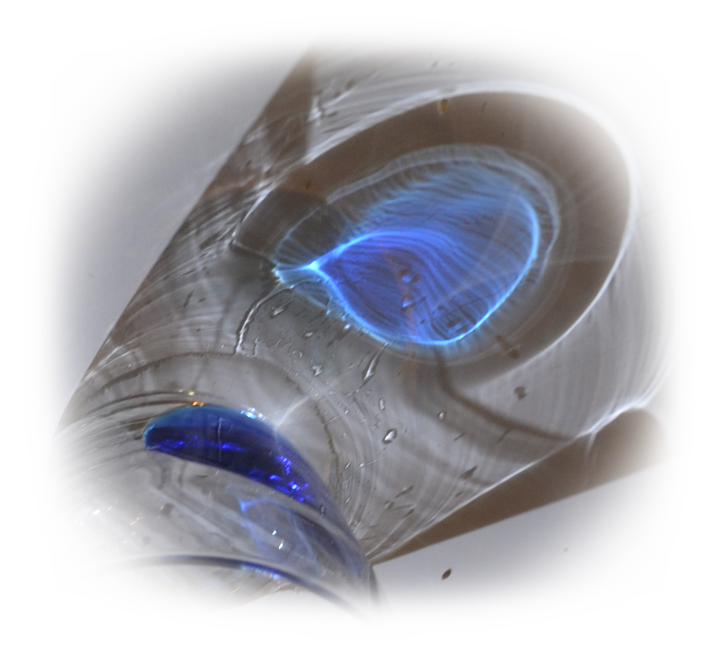In a world where science is independent, scientists could research observations they find conspicuous. They could reveal connections between correlated events, determine if some causalities exist, and respond accordingly.
E.g., what about the co-incidence of the 5G mobile network rollout, and Covid? In the world we’re in, dominated by commercial interests and ideologies, these thoughts are almost immediately stigmatized as “conspiracy theories”.
What does that term even mean? A “theory” is a scientific hypothesis undergirded by some evidence. It is actually a very solid concept in science. The theory of relativity has had thousands of experiments more or less confirming it. It nothing less than explains how the world is made — now that’s what I call a theory.
A vague suspicion, maybe intuition, that something is not quite right, is of course not a theory yet! The only way this makes sense to me is if the word is used mockingly by people who want to discredit these intuitions.
I like to call these hunches “association hypotheses”, precisely saying that they are well below theory. A “hypothesis” in science is one possible explanation for a phenomenon, that merits investigation in the eyes of a scientist, and can form the basis of a set of experiments or trials to confirm or disprove.
And “association” just means two observations have some connection, maybe merely temporally, true co-incidence, or maybe there is more to it, again subject to research and testing.
In the absence of independent science and transparency, stigmatized, cornered, and labeled “conspiracy theorists” have to find alternative means to satisfy our curiosity. And now a slightly strange process sets in that is present in science (conducted by fallible humans) also, but exponentially more in the gossip and folklore that fills the internet: wherever you look closely enough, you will find something. Your attention directs your perception, and if your perception is sensitized enough, it will pick up data.
Therefore, even in this darkened, blinded, misguided human society we’re in, we still have to apply our soundest reason and soberest discernment when rummaging around for crumbs of data that constitute information, rather than just noise.
In the case of the Covax phenomenon, this, to me, starts with the conspicuities of the trials: why were reports of side-effects pushed aside and marginalized during the trials? Why are the over 900,000 entries on the VAERS database, estimated to be 8-10-fold underreported, not being discussed widely? Why the obsession with the vaccines, and the deliberate side-lining of natural immunity, even down to filtering out hashtags?
None of these are theories. They are merely inconsistencies in the official narrative that make me suspicious. If that already makes people label me a “conspiracy theorist”, then despite it being a misnomer, as explained above, I can only say: so be it.

